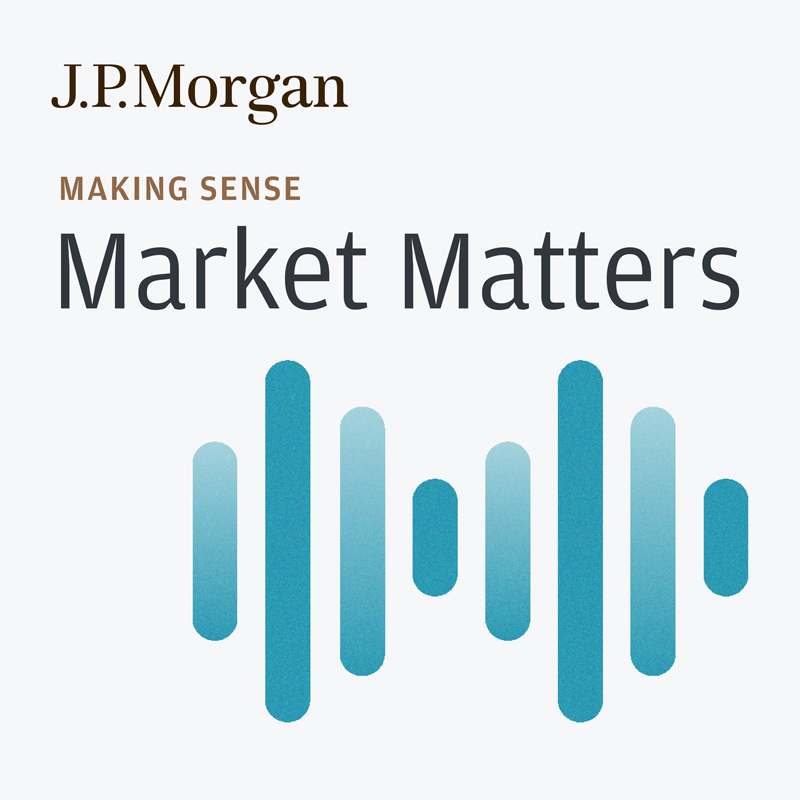
From: Market Matters
Today’s diverse markets can feel vast and complex. From developments in voice, electronic and algorithmic execution, to regulation’s impact on liquidity, we explore the latest insights.

In this episode, we hear from Deepak Maharaj, head of Equities and Cross Asset QIS Structuring at J.P. Morgan. Deepak discusses the rapid development of Equities QIS strategies, from the technology enhancements to the use of LLMs in product development, and where this space is likely to evolve in future. Deepak is in discussion with Eloise Goulder, head of the Data Assets & Alpha Group at J.P. Morgan.
To learn more about the Data Assets & Alpha Group: https://www.jpmorgan.com/markets/market-data-intelligence
Related podcasts:
Extending the trend, with J.P. Morgan’s Lead CTA Structurer
Time Traveler: A Look Back in Time with Fredrik Giertz – Part 1
Time Traveler: A Look Back in Time with Fredrik Giertz – Part 2
This episode was recorded on October 7, 2024.
More from Market Matters
Explore the latest insights on navigating today's complex markets.
More from Making Sense
Market Matters is part of the Making Sense podcast, which delivers insights across Investment Banking, Markets and Research. In each conversation, the firm’s leaders dive into the latest market moves and key developments that impact our complex global economy.
The views expressed in this podcast may not necessarily reflect the views of J.P. Morgan Chase & Co and its affiliates (together “J.P. Morgan”), they are not the product of J.P. Morgan’s Research Department and do not constitute a recommendation, advice, or an offer or a solicitation to buy or sell any security or financial instrument. This podcast is intended for institutional and professional investors only and is not intended for retail investor use, it is provided for information purposes only. Referenced products and services in this podcast may not be suitable for you and may not be available in all jurisdictions. J.P. Morgan may make markets and trade as principal in securities and other asset classes and financial products that may have been discussed. For additional disclaimers and regulatory disclosures, please visit: www.jpmorgan.com/disclosures/salesandtradingdisclaimer. For the avoidance of doubt, opinions expressed by any external speakers are the personal views of those speakers and do not represent the views of J.P. Morgan.
© 2024 JPMorgan Chase & Company. All rights reserved.